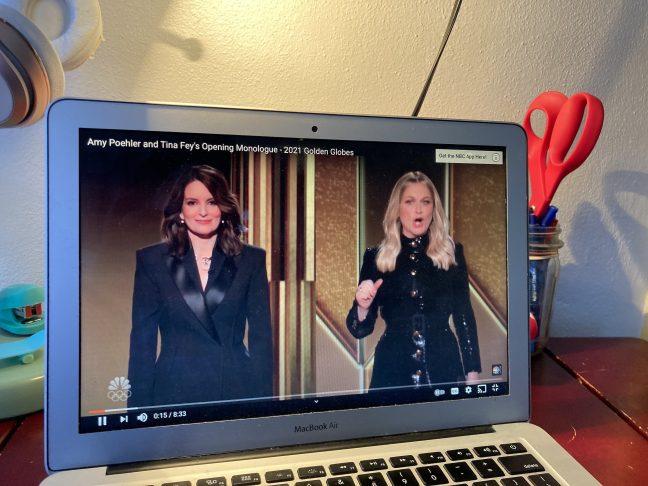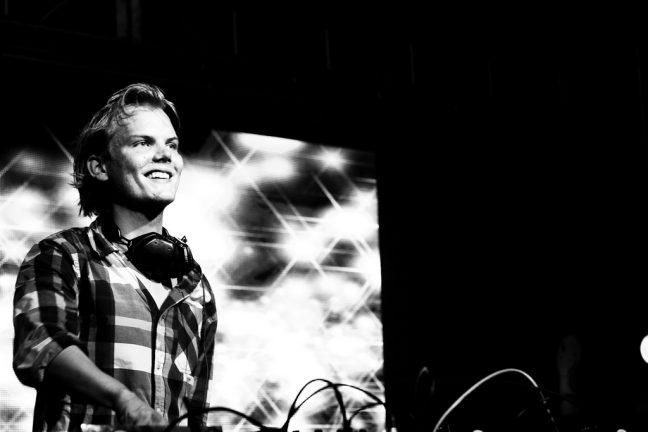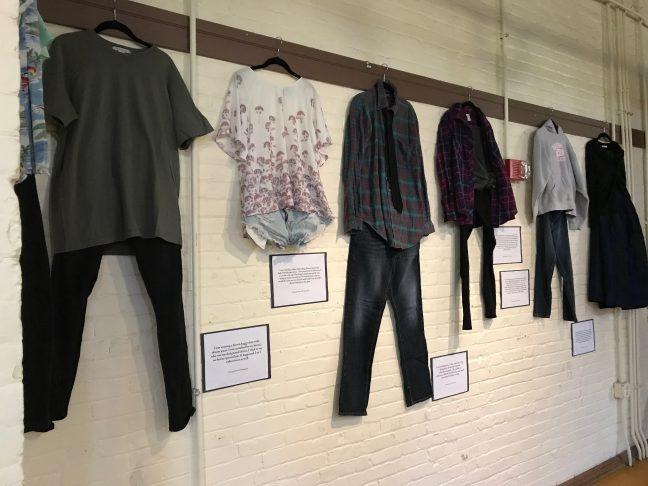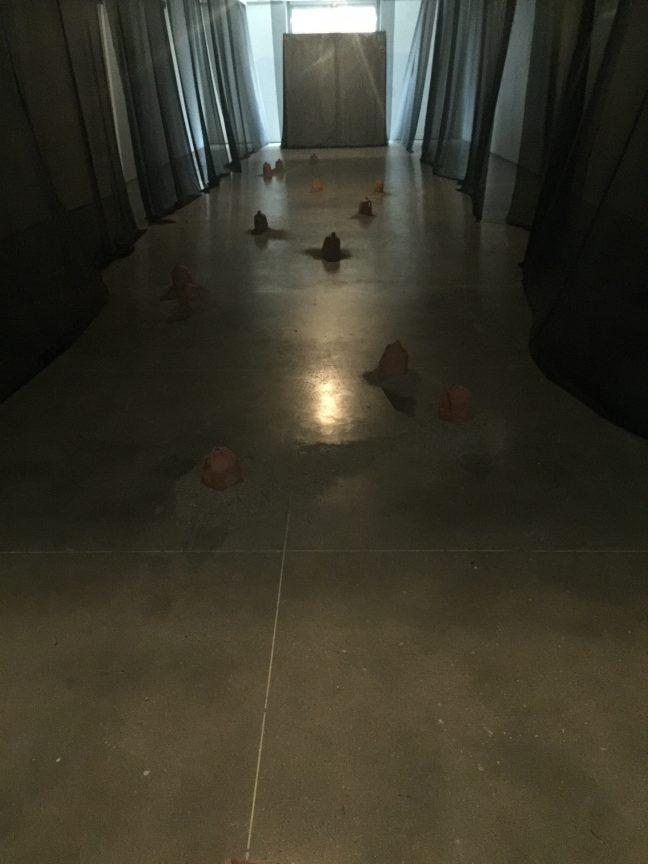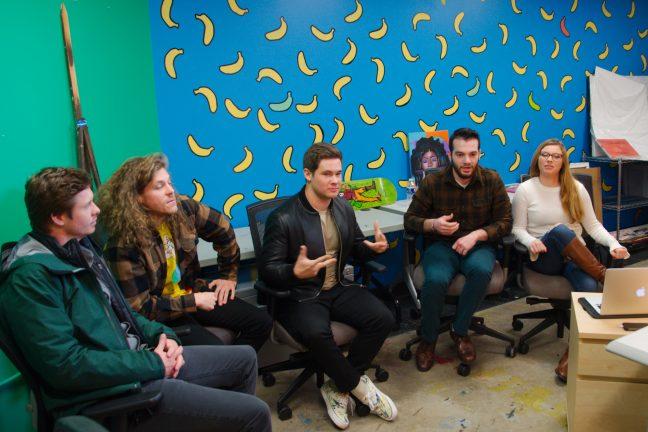
How often do you look into your kitchen sink and find that grungy sponge, rotting with leftovers, somewhat beautiful? In the bathroom, does your plunger, toothbrush or toilet paper stir innovative thoughts during your morning routine? Unless you’re Mr. Clean, then you’ve probably never felt very inspired. However, for Julie Insun Youn, a third year graduate student in the Department of Art, mundane objects such as these have become a central part of her artistic life. As a part of her Masters of Arts program at UW-Madison, Youn will be showcasing some of the most simplistic and ordinary objects in an innovative show, titled “Studies on Presence,” beginning this Monday at the Lucent Room Studio. It may be difficult to look at a bar of soap as more than just a bar of soap, but after hearing Youn speak of her exhibit, you may think again the next time you wash your hands.
After graduating from Korea’s Hong-Ik University back in 2005, Youn arrived in Madison after a three-year hiatus to fulfill a dream of studying abroad and experiencing art in a new culture. Growing up in Korea, Youn was constantly being discouraged from pursuing her love of painting. “It’s really interesting, even for me, that I’ve declared I wanted to be a painter since I was three or four, and I never changed my dream,” Youn says. “I was really stubborn, and that confirmed that I’m a painter.” Throughout her middle and high school years, teachers and authority figures tried relentlessly to convince the young artist to pursue a career in law, medicine or any financially successful profession. However, as a true Bohemian, Youn refused to hang up her dreams and abandon her passion for oil painting. Thanks to her persistent willpower and a supportive set of parents, Youn was able to continue her studies at one of Korea’s most admired art universities, moving on to group and solo art shows in Korea. It was during these years that she was able to hone in on a meaningful theme that carried from her artwork in Korea to her paintings here in Madison: Blurring the lines and placing a protective veil over her subjects.
After looking at the similarities among her pieces from Korea, this idea of “blurring” has been persistent in Youn’s art from the beginning, and is the main focus behind her upcoming gallery show. Taking objects found in her home and the homes of her friends, Youn left them as they were in their natural state and photographed them to capture the image. From there, she used oil to paint the objects on wood in order to forever capture their presence on the natural canvas. However, Youn doesn’t recreate the object on canvas in a realist, contemporary or impressionist style. She carries the blurring into her pieces, making them unfamiliar and unique once again, allowing us to look past their familiarity. “We never beautify or contemplate these mundane, ugly objects, but the blur helps us to find the hidden beauty of them, at the same time projecting certain emotions on them,” she says. “It’s very nostalgic and melancholy, sometimes depressing.”
The title of the exhibit “Studies in Presence,” is meant to speak for the past presence or present absence of these mundane objects in a regular space. Hoping to invoke the feeling of their absence with the beauty of their presence on the wood, Youn feels that people will identify with these emotions when contemplating her work. In one of her pieces, the simple handle of a faucet sink seems to shimmer through the paint, although through the blur, it’s just out of our reach. Looking at Youn’s images is like looking at reality through the veil of a dream. We want to reach out and touch the image and hope that by squinting or rubbing our eyes, the figure we desperately want made clear will finally register in our minds. And yet, Youn keeps us in the melancholy dream, where we cannot quite grasp the images as plausible or real. This allows our minds to open up to their beauty, challenging us to contemplate what we actually are able to see.
When speaking of the language barrier she’s had to face while living in the States, Youn finds comfort in her artwork. “Art is reaching out the people, especially their mentality or mind or heart. I think my art is doing the work which I cannot do in reality here, and that makes me confirm that I should keep doing art.” After this, she struggles to find the right words, even laughing to herself and saying she wishes she had her dictionary. However, she continues on, saying “I consider my art as free language without any barrier or miscommunication.” It is this freedom from barriers, and independence from our own stifling preconceptions that Youn will tear down with the simple gentleness of her objects, found and seen in a tranquil and innovative way.
You can see Julie Insun Youn’s “Studies of Presence” show Nov. 1-10 at the Lucent Room Studio, 305 S. Livingston Street. An artist’s reception will be held Friday, Nov. 5 6-9 p.m.



